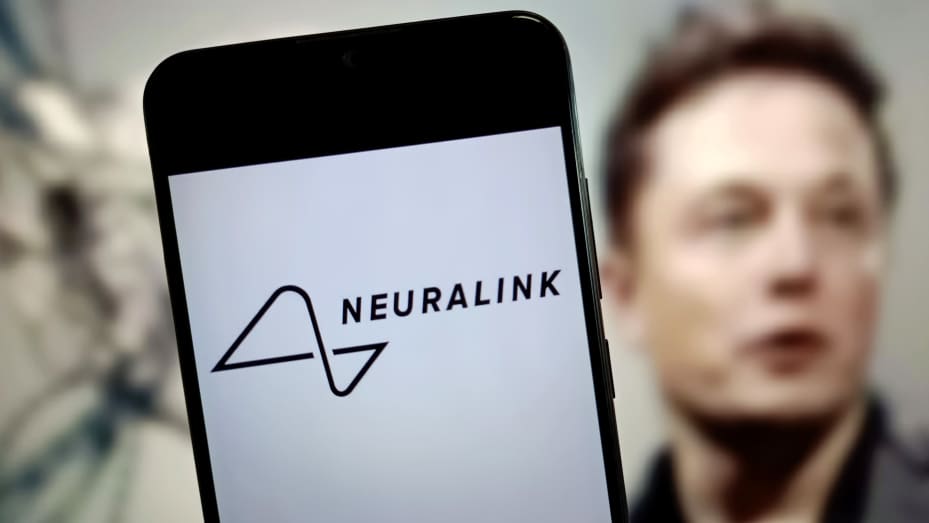As technology progresses to its next phase traditional forms of employment have come under threat. In many of these cases that are to arise knowledge (know how) will be the key. After the fourth phase of this revolution comes the fifth phase or the Fifth Industrial Revolution (5IR). Artificial Intelligence (AI) and the processes of Data Intelligence will all become an integral part of the working environment in a way that will take away mundane tasks in a bid to have a positive impact on users (employees) and the environment.
Jobs such as data capturers, many call centre positions, assembly line jobs, translation, entry-level graphic design and even corporate photography will likely be lost during this shift. Unions are, rightfully, worried because it is possible that their members will be among the most affected, as assembly lines will become more automated, requiring less human input. As far back as 2019, a Higher Education Colloquium detailed these fears, and lthat was only on the fourth industrial revolution (4IR). Much work lies ahead of us if we are to completely benefit from 5IR. Among the concerns raised by union representatives at the meeting was that millions of South Africans were already ill-equipped to find jobs under previous revolutions, such as mass manufacturing. They noted that unemployment may increase, government educational intuitions lack the required infrastructure to prepare students for the current working environment, and government would have to take the lead in upskilling for the pending work environment.
The future of employment verses technology is on an unsteady tightrope. On the one hand there has to be balance between being replaced in the flesh with an AI and on the other there has to be a complete overhaul of the educational system and skills training by private companies. The South African people and state are still lagging behind the newest trends in technology. This includes having the knowledge to manage the technology and equipment as well as the experience. The quest ahead that needs to be tackled by the government and the private sector alike is to prepare future generations for the challenges of the work environment. The introduction of robotics, AI, Virtual reality (VR), and data analysis will require the training of students in managing and accessing the new technologies and sciences. Civil society, the main levels of government and the corporations of the private sector all have their roles and contributions to make.
It’s supposed to improve lives through making companies more productive and creating opportunities for more skills sets – it shouldn’t make people’s existence worse. It’s not just a continuation of 4IR, but builds on it so that environmental, social and governance (ESG) principles can be met. The use of enhanced technology should result in ethical practices, sustainability and improving human skills. ESG is more important now than ever. Investors want to have shares in sustainable companies. The new generation of workers want to be associated with a business that places sustainability at the core of everything it does. 5IR brings with it the ability for firms to be more sustainable by removing the environmental impact of, for example, heavy manufacturing, because it uses smarter ways of getting things done.
The new technologies that are evolving along the fourth and fifth phases of the Industrial Revolution need to be monitored. It is the duty of corporations of the private sector alongside the department of labour to organize training for their work force in the new fields of AI, robotics, data analysis, and VR. Advanced robotics and AI will create new challenges in terms of employment and the use of intelligent machinery possibly for menial jobs. This is where the issue of ethical practices in daily employment and the issue of willingness on the part of humans to perform such tasks. The introduction of AI and robotics could also in the future lead to the creation of a new slave caste class that is more mechanical than human. This could be source for abuse if not handled correctly.
A key part of South Africa’s AI strategy is inclusivity. The government is working to ensure that the benefits of AI and technology reach all citizens, particularly those in rural and underserved areas. Partnerships between the public and private sectors have been essential in launching programs focused on digital skills and infrastructure development in these regions. These efforts help reduce inequality and ensure more people can participate in the digital economy. Since 2021, South Africa’s tech sector has attracted significant venture capital, showing growing international confidence in the country’s digital potential. This influx of funding is not only boosting local innovation but also creating new opportunities for startups, driving economic growth and job creation.
So, the introduction of phase four of the industrial revolution has been a source of job creation. This is good news for those concerned about job loss such as the trade unions. Both the government of national unity and the business class are working together to improve the industrialization of the country. This is the key to attracting rich foreign investors. At the heart if this should be the launching of training programmes for employees so the most talented in understanding the 4IR can receive the jobs and positions. Participation in the digital economy can lead to South Africa leaping into a better economic level with the gross domestic product (GDP). It is all a matter of knowing how to access this technology.
Article written by:
Yacoob Cassim
Journalist at Radio Al Ansaar






